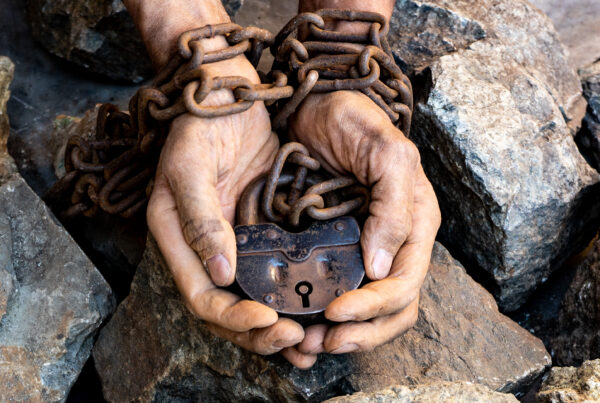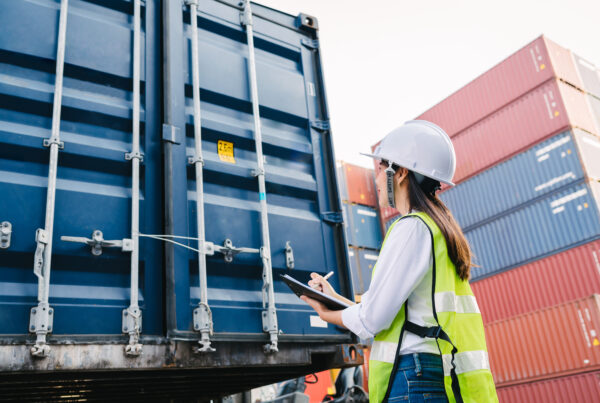 What is child labor?
What is child labor?
According to the FAO, child labor is defined as work that is inappropriate for a child’s age, affects children’s education, or is likely to harm their health, safety or morals.1
Child labor is prominent in the agricultural sector
The agricultural sector engages nearly 60% of all child laborers, which represent 100 million children around the world. These children are involved in diverse activities such as farming, livestock, forestry, fishing, or aquaculture. They often work long hours, use heavy equipment and toxic products such as pesticides, and face occupational hazards. On top of the health risks, these children typically do not receive a good education as they are unable to stay in school and suffer from poverty.
What does this mean for the supply chain?
The activities that involve child labor usually appear at the bottom of a supply chain, such as at the farm level. This is why complete transparency to the bottom of the supply chain is crucial to identify such practices. How can you be sure that you do not have child labor in your supply chain if you do not know all your business partners? How can you be sure that no child labor was used in the making of your product if you are missing child labor-free certifications from all your supply chain facilities? Sharing information from the bottom to the top of your supply chains is key for ensuring your brand’s social and ethical values.
Act now to increase revenue and customer satisfaction
According to a recent study from Label Insight, about 94% of consumers say they would be loyal to a brand that offers complete transparency about their product. Moreover, 86% of millennial moms say they would pay more for completely transparent food products. And 4 out of 10 consumers answered they would switch to a new brand if it offered full product transparency.2
In addition, we have all heard about CSR (Corporate Social Responsibility)—and your consumers have as well. Nielsen reveals that almost two-thirds of consumers (66%) are willing to pay more for products and services coming from companies who are committed to positive social and environmental impact.3 Another study commissioned by Campbell Soup and Verizon shows that well-designed CSR programs can increase revenue up to 20% and consumer commitment by as much as 60%.4
How can Transparency-One help?
Transparency-One helps companies map all their suppliers down to the lowest level of the supply chain, regardless of where they are based. Each supplier can store and share specific information and certifications such as non-child labor certification. Companies can then drill down into their supply chain to identify which suppliers lack valid certifications, therefor gaining the complete supply chain visibility needed to take necessary action.
It may take some work, but eliminating child labor from your supply chains is not only ethical—it also has a positive impact on your business’ bottom line.
Sources
1 Child Labour in Agriculture – FAO http://www.fao.org/childlabouragriculture/en/
2 Why food transparency is a valuable investment. Food Dive. http://www.fooddive.com/news/why-food-transparency-is-a-valuable-investment/425503/
3 Will Consumers Pay More For Products From Socially Responsible Companies? MarketingCharts. http://www.marketingcharts.com/traditional/will-consumers-pay-more-for-products-from-socially-responsible-companies-60166/
4 CSR Programs Increase Revenue up to 20%, Says Verizon, Campbell Soup Study. Jessica Lyons Hardcastle. https://www.environmentalleader.com/2015/07/csr-programs-increase-revenue-up-to-20-says-verizon-campbell-soup-study/?amp=1












